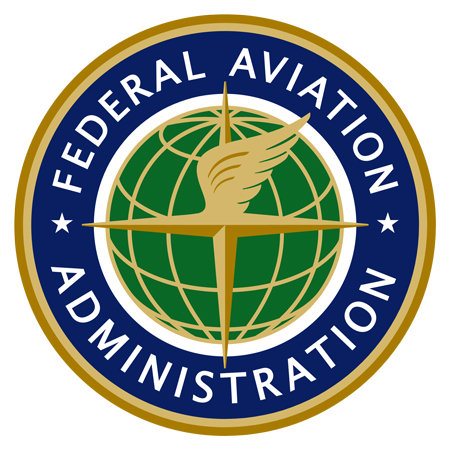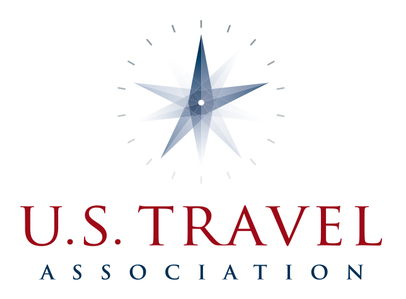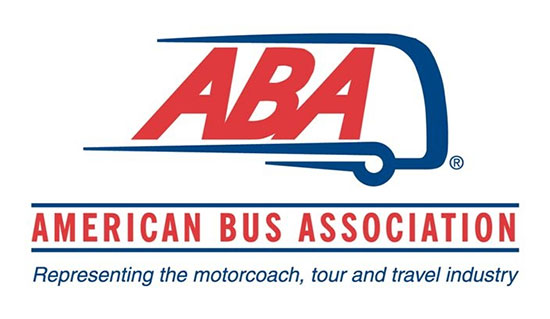
Air traffic was snarled on the evening of January 10 when the Notice to Air Missions (NOTAM) system failed, preventing important real-time messages and updates from reaching flights. By the next day, the Federal Air Administration (FAA) halted all air traffic until the crashed system could be restored—which ultimately ended up delaying or canceling more than 10,000 flights in the process. The issue was blamed on a data file that was allegedly damaged by personnel who failed to follow procedures, according to a release from the FAA, despite the system’s redundancies designed to prevent such occurrences. Outlets like The Washington Post have independently confirmed that the corrupted data was the likely cause, allaying initial fears that it could have been sabotage or terrorism related. The Post also reported that the outage impacted military flights.

While the catastrophe is rare incident—the last time the US cleared the air space was during 9/11, an intentional action driven by the terrorist attacks—many in the travel industry are calling for more funding for the agency to ensure that its equipment, reported to be up to 30 years old, is adequate.
 US Travel Association President & CEO Geoff Freeman
US Travel Association President & CEO Geoff Freeman
“Today’s FAA catastrophic system failure is a clear sign that America’s transportation network desperately needs significant upgrades. Americans deserve an end-to-end travel experience that is seamless and secure. And our nation’s economy depends on a best-in-class air travel system. We call on federal policymakers to modernize our vital air travel infrastructure to ensure our systems are able to meet demand safely and efficiently,” said US Travel Association President & CEO Geoff Freeman on the day of the outage.
Delta CEO Ed Bastian was a bit more pointed in his criticism during an interview with CNBC—but of Washington rather than the FAA: “It was a difficult day on [January 11] for our customers as well or our own employees. And candidly, it’s unacceptable. … I lay this on the fact that we are not giving [the FAA] the resources, the funding, the staffing, the tools, the technology they need. Hopefully this will be the call to our political leaders in Washington that we need to do better.”

Others, including American Airlines CEO Rob Isom, echoed Bastian’s sentiments by calling on the federal government to do more to shore up the technology that keeps air travel safe.
While the grounding of jets was a headache for many, the motorcoach industry was one of the winners in helping get passengers to their destinations. The American Bus Association (ABA) was quick to release a PSA for stranded travelers: “As the major airlines expect further delays after more than 7,000 flights in and out of the US were delayed and more than 800 were canceled as of [January 11], we remind the traveling public that travel by motorcoach is a safe and reliable alternative to get you where you need to be.”
[01.17.23]

